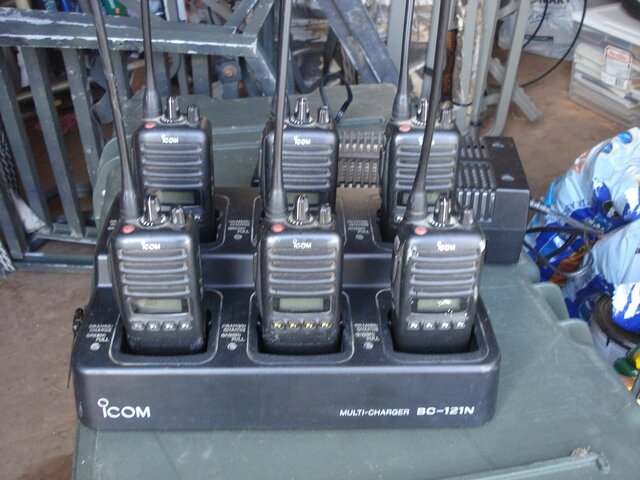I am looking into buying a couple Motorola CP200 Radios (or a cheaper alternative?) for use on some shows coming up... The question is do I need a license to use them, and could they possibly interfere with other emergency services portables (i.e. police, fire, EMS)? Also could anyone educate me on differences with VHF/UHF? I know it's the different frequency ranges they operate in, but what are some pros/cons to each of them?
--The main thing that I need in the radios is the ability to have a mic that has decent sound quality and enough volume to be audible over my PA system.
--The main thing that I need in the radios is the ability to have a mic that has decent sound quality and enough volume to be audible over my PA system.



